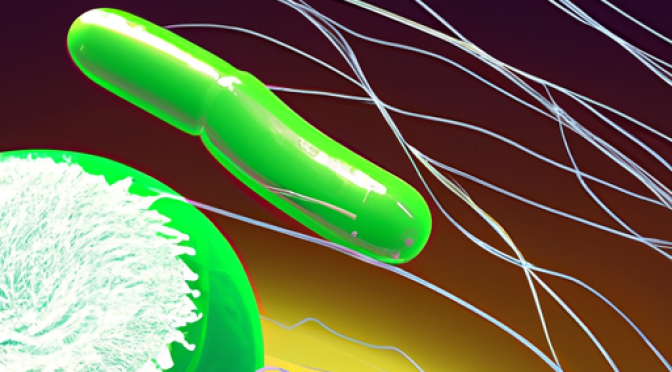What role do micro-organisms play in the bioeconomy?
Organic farming is a farming system that focuses on sustainability and environmental protection. Microorganisms such as bacteria, fungi and algae play a key role in this economic model. Micro-organisms are able to carry out contribute-to-a-green-economy/">biochemical processes that contribute to increasing productivity, managing waste and solving environmental problems.
Microorganisms in soil
Soil microorganisms are key to the bioeconomy. Soil micro-organisms help maintain the soil nutrient cycle and help plants absorb nutrients. Microorganisms break down organic matter, such as plant residues and animal manure, releasing nutrients to plants. They also help improve soil structure, retain water and prevent soil erosion.
Microorganisms in livestock production
Microorganisms also play an important role in animal production in organic farming. Probiotics, which contain beneficial microorganisms, help maintain good digestion and improve animal health. Probiotics contribute to the efficiency of animal feed utilisation and disease prevention. In addition, the microorganisms help in manure breakdown and environmentally friendly manure management.
Microorganisms in the food industry
The role of micro-organisms in the food industry is also prominent in the bioeconomy. During fermentation, microorganisms help to preserve and improve the taste of food. For example, in the production of yoghurt and pickles, fermentation by micro-organisms results in the desired product. Micro-organisms also help in the production of biofuels in the bioeconomy, such as bioethanol and biogas.
Microorganisms in waste management
Microorganisms are key to waste management in the bioeconomy. In biodegradation, microorganisms help to break down organic waste and produce compost. They can also break down pollutants such as heavy metals and chemicals from soil and water.
Microorganisms are therefore essential in the bioeconomy. Their role in increasing productivity, waste management and solving environmental problems is paramount. The use of appropriate micro-organisms enables sustainable farming and environmental protection in the organic sector.
∑: microorganisms, organisms, bioeconomy, organic, farming, environmental, animal, production, management
